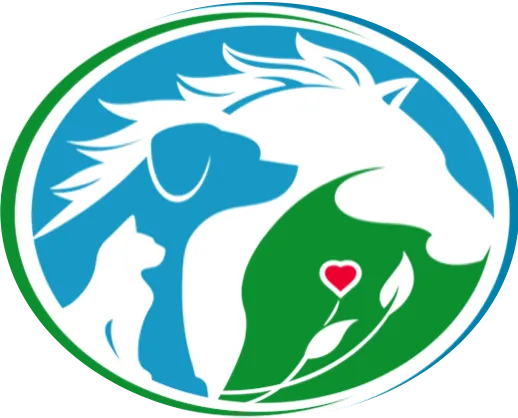Cats, Dogs, Horses, Small Pets, Birds, Poultry & Reptile
(How to Use with Fish is below)
read our poultry testimonials & articles for
Flock Well-being Success
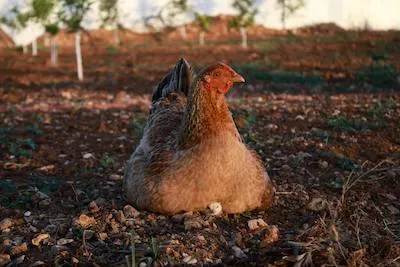
How to Reduce Stress in Poultry-A Basic Guide
How to Reduce Stress in Poultry
Stress in poultry can lead to a range of negative consequences, including decreased productivity, compromised immune function, and increased susceptibility to disease. As conscientious poultry keepers, it's essential to implement effective strategies to minimize stress and promote the overall health and well-being of our feathered friends. In this comprehensive guide, we'll explore a variety of techniques and management practices for reducing stress in poultry, from optimizing their environment to promoting socialization and implementing nutritional interventions.
Creating a Comfortable Environment
The first step in reducing stress in poultry is to create a comfortable and conducive environment for their well-being. Ensure that housing facilities are clean, well-ventilated, and free from drafts or excessive humidity. Provide adequate space for birds to move around freely and express natural behaviors, such as perching, dust bathing, and foraging. Additionally, maintain optimal lighting conditions and ensure access to fresh water and high-quality feed to support their nutritional needs.
Minimizing Environmental Stressor
Identify and minimize potential environmental stressors that can trigger anxiety or discomfort in poultry. These may include loud noises, sudden changes in temperature, overcrowding, or exposure to predators. Take steps to mitigate these stressors by providing soundproofing, regulating temperature and humidity levels, reducing stocking densities, and implementing predator control measures. By creating a calm and predictable environment, you can help alleviate stress and promote a sense of security for your birds.
Providing Socialization and Enrichment
Socialization and enrichment activities are essential for reducing stress and promoting mental stimulation in poultry. Allow birds to interact with each other in a harmonious flock environment, as socialization can help reduce aggression and alleviate loneliness. Provide enrichment activities such as perches, dust bathing areas, and opportunities for foraging to encourage natural behaviors and prevent boredom. Additionally, consider introducing novel stimuli such as toys, mirrors, or hanging treats to stimulate curiosity and engagement.
Implementing Nutritional Interventions
Nutrition plays a critical role in poultry health and well-being, and dietary deficiencies or imbalances can contribute to stress and susceptibility to disease. Ensure that birds are fed a balanced diet that meets their specific nutritional requirements, including essential vitamins, minerals, and amino acids. Consider supplementing their diet with natural additives such as probiotics, prebiotics, or herbal extracts, which can support digestive health and boost immunity. Providing access to clean, fresh water is also essential for hydration and overall health.
Practicing Good Management and Husbandry
Effective management and husbandry practices are key to reducing stress and promoting the welfare of poultry. Implement biosecurity measures to prevent the spread of diseases and minimize the risk of infection. Practice gentle handling techniques when interacting with birds to avoid causing unnecessary stress or injury. Monitor flock health regularly and seek veterinary care promptly if any signs of illness or distress are observed. Additionally, establish a routine care schedule for cleaning, feeding, and monitoring birds to ensure consistency and predictability.
Monitoring and Adjusting
Finally, it's essential to continuously monitor the effectiveness of your stress reduction strategies and make adjustments as needed. Observe your birds closely for any signs of stress or discomfort, such as lethargy, reduced appetite, feather pecking, or increased aggression. If stressors are identified, take proactive measures to address them promptly and modify management practices accordingly. By remaining vigilant and responsive to your birds' needs, you can create a supportive and stress-free environment that promotes their health and well-being.
Natural Therapies
In addition to environmental management practices, natural therapies can also play a beneficial role in reducing stress in poultry. Herbal supplements, such as chamomile or valerian root, are known for their calming properties and can be added to the birds' feed or water. Aromatherapy using essential oils, such as lavender or peppermint, can also help create a soothing atmosphere within the poultry house. Additionally, herbal teas or tinctures made from ingredients like lemon balm or passionflower may offer relaxation benefits when administered in moderation. However, it's essential to consult with a poultry veterinarian or avian expert before implementing any natural therapies to ensure they are safe and appropriate for your flock.
Flower essences can also be valuable natural therapies for reducing stress in poultry. Flower essences, such as Bach flower remedies, are believed to work on an energetic level to address emotional imbalances and promote feelings of calmness and well-being. Essences like Rescue Remedy, which is a blend of various flower essences, are commonly used to help alleviate stress and anxiety in birds. These flower essences can be administered by adding a few drops to the birds' drinking water or misting them in the air around the poultry house. When used appropriately and in conjunction with other stress-reducing strategies, flower essences can provide a gentle and holistic approach to promoting the emotional health and resilience of your flock. With careful consideration and proper guidance, natural therapies can complement other stress-reducing strategies and contribute to the overall well-being of your poultry.
Conclusion
Reducing stress in poultry is essential for promoting their overall health, productivity, and welfare. By implementing effective strategies to optimize their environment, promote socialization and enrichment, provide proper nutrition, and practice good management and husbandry, poultry keepers can create a conducive environment that minimizes stress and supports the well-being of their feathered flock.
With dedication, vigilance, and a commitment to best practices, you can help ensure that your poultry lead happy, healthy lives.
A Trained Animal Communicator Connects with Your Pet
With every order, a trained animal communicator connects with your pet to choose the right blend of flower essences
(e.g. Bach Flower Essences) for calming their anxiety. Custom blended flower essences are natural pet calming products.
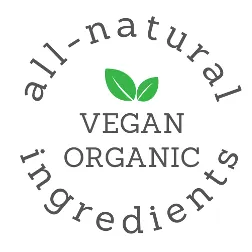
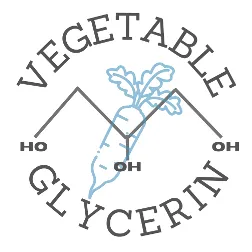
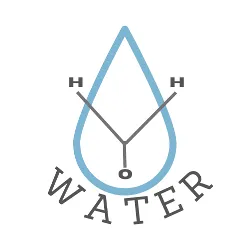
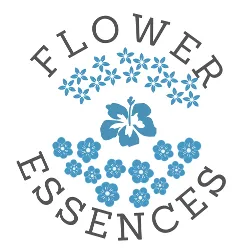
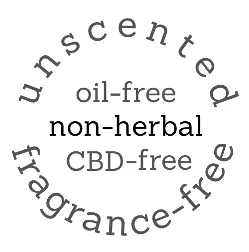
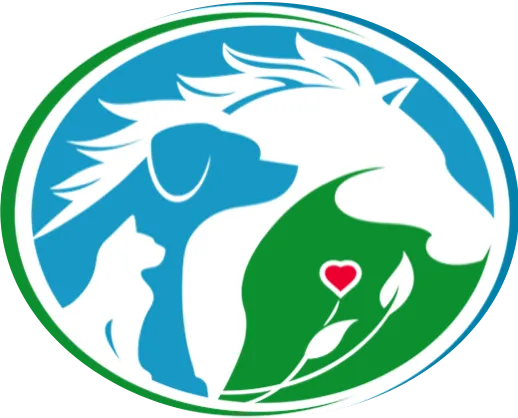
Calm Animal Solutions
Calm Animal Solutions offers customized, natural remedies for dog anxiety, and are calming for cats. Plus, we create blends for horses, small animal pets, birds, poultry, reptiles, and fish.
#CalmAnimalSolutions
on Instagram.
©2024, Catherine Winfree. All rights reserved.
Mandatory FDA Notice: The statements made regarding Calm Animal Solutions have not been evaluated by the Food and Drug Administration. These products are not intended to diagnose, treat, cure, or prevent any animal disease. Although the ingredients in Calm Animal Solutions are generally regarded as safe, you are encouraged to consult your veterinary before using any essence product (such as Bach Flower Essences, for example).
A Trained Animal Communicator Connects with Your Pet
With every order, a trained animal communicator connects with your pet to choose the right blend of flower essences (e.g. Bach Flower Essences) for calming their anxiety. Custom blended flower essences are natural pet calming products.





Mandatory FDA Notice: The statements made regarding Calm Animal Solutions have not been evaluated by the Food and Drug Administration. These products are not intended to diagnose, treat, cure, or prevent any animal disease. Although the ingredients in Calm Animal Solutions are generally regarded as safe, you are encouraged to consult your veterinary before using any essence product.

Home | Contact | Terms | Privacy Policy | About Catherine
©2024, Catherine Winfree. All rights reserved.
